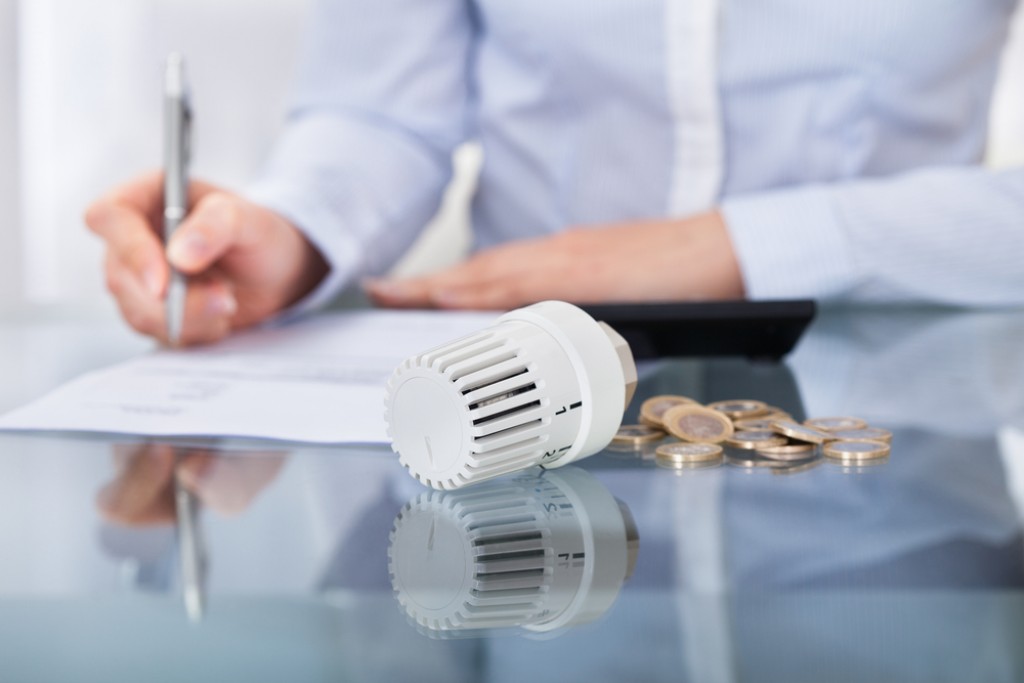A third of UK households are not confident they’ll afford their energy bill over the next year, a study finds.
The energy price cap rose at the beginning of 2024, with many households feeling the pressure already, as one in four have said they found it difficult to pay for their most recent bill.
A further quarter (24%) of the 2,000 UK adults surveyed by Compare the Market would also struggle to cope if their bills rose again in the next 12 months.
As it stands, the energy price cap from January to March is set at £1,928 per year for a typical gas and electricity customer. This marked a 5% hike in the cost from October to December 2023.
This charge is expected to drop to £1,620 in Q2 by energy analyst Cornwall Insight, which forecasts a further fall in price to £1,497.15 for Q3, based on average consumption levels of electricity (2,700 kWh) and gas (11,500 kWh).
‘Good idea’ for households to check support options with energy supplier
Meanwhile, almost two in five households (39%), and 55% of those with younger children, expect to take on additional debt to cover their everyday bills. A separate study from Citizens Advice found almost half of parents will even cut back on their food shopping to pay for their household bills.
Sajni Shah, utilities expert at Compare the Market, said: “It is concerning to see that so many households across the UK feel vulnerable to the prospect of further increases to their energy costs, with a substantial number expecting to go into debt or cut back on food shopping and leisure activities to afford their everyday bills.
“However, it is encouraging to see that many people are also taking action and shopping around on other household bills to offset energy cost increases.”
Shah added: “Switching your energy provider is a great way to save money, but with the market continuing to fluctuate, it is difficult to predict the future direction of prices. For households who can afford it and want the security of knowing exactly how much they will pay for energy each month, the current fixed tariffs available could be a useful and cost-effective option.
“However, bear in mind that if prices fall, more competitive fixed deals may become available, or you could end up paying more than if you had stayed on a standard variable rate (SVR). It’s also a good idea for households to speak with their energy supplier or look into the various Government schemes in place to check if they might be eligible to receive further support.”
Energy Savings Trust provided YourMoney.com with advice on how to stay warm during the winter and save up to £369 per year on energy bills.
Ten tips to save cash while staying warm at home
- Turn appliances around your home off standby: save £55 (per year).
- Turn off lights in any rooms you’re not in: save £25.
- Wash at 30 degrees and reduce laundry load by one run per week: save £29.
- Run your dishwasher when full and cut one run per week: save £14.
- Boil the amount of water you need in your kettle and fit a kitchen tap aerator: save £36.
- Fit DIY draught-proofing strips to windows and doors: save £45.
- Seal suspended timber floors: save £50.
- Fit a chimney draught excluder (open chimneys): save £65.
- Top up hot water cylinder insulation from 25mm to 80mm: save £50.
- Invest in insulating cavity walls. This will cost a typical three-bed semi-detached home around £2,700, with an expected annual saving on energy bills of around £280.





